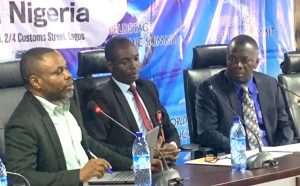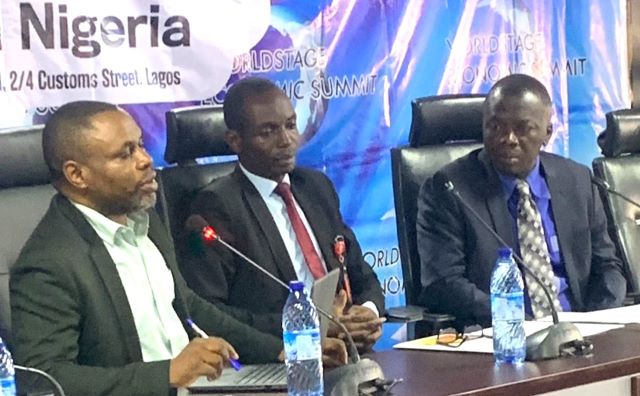An economic expert, Dr. Abidemi Adegboye, has sounded a warning about Nigeria’s productivity challenge, describing it as both a human tragedy and a defining opportunity.
Speaking at the 2025 WorldStage Economic Summit, Dr. Adegboye emphasised that with political will, private sector leadership, and coordinated policy action, Nigeria can leverage its demographic dividend, harness technological change, and reverse the productivity malaise to achieve inclusive prosperity and regional leadership.
Dr. Adegboye highlighted the stark reality of Nigeria’s productivity crisis, citing data that shows the country’s GDP per worker in 2024 is far below the global average.
He noted that the average Nigerian worker earns $7/hour, representing only 7% of the global average productivity level.
The expert also pointed out that Nigeria’s productivity growth has been stagnant, with a growth rate of 1.25% from 1990-2024, and 0.22% since 2010.
The expert identified significant sectoral productivity gaps in Nigeria’s economy, including in agriculture, manufacturing, and the service sector.
He noted that productivity matters greatly to the economy, as it is the primary determinant of long-run living standards, engine of structural transformation and poverty reduction, driver of real wage increases and shared prosperity, and critical for absorbing the 3.5-4 million annual labor market entrants.
To boost productivity, Dr. Adegboye recommended a comprehensive policy framework, economic diversification, infrastructure investment, human capital development, technology and innovation, financial access and inclusion, agricultural modernization, and inclusive growth.
He emphasised the need for investment in human capital, technological capacity, and supportive institutional frameworks, as well as promoting sectoral diversification to absorb the expanding youth workforce into productive and higher-income employment.
Dr. Adegboye concluded that Nigeria’s productivity challenge is a defining opportunity for structural transformation and that the country can achieve inclusive prosperity and regional leadership by leveraging its demographic dividend and harnessing technological change.
He however, noted that this requires a strong consensus around the productivity agenda and substantive shifts in education quality, energy supply, financial access, and governance efficacy.










Comment here